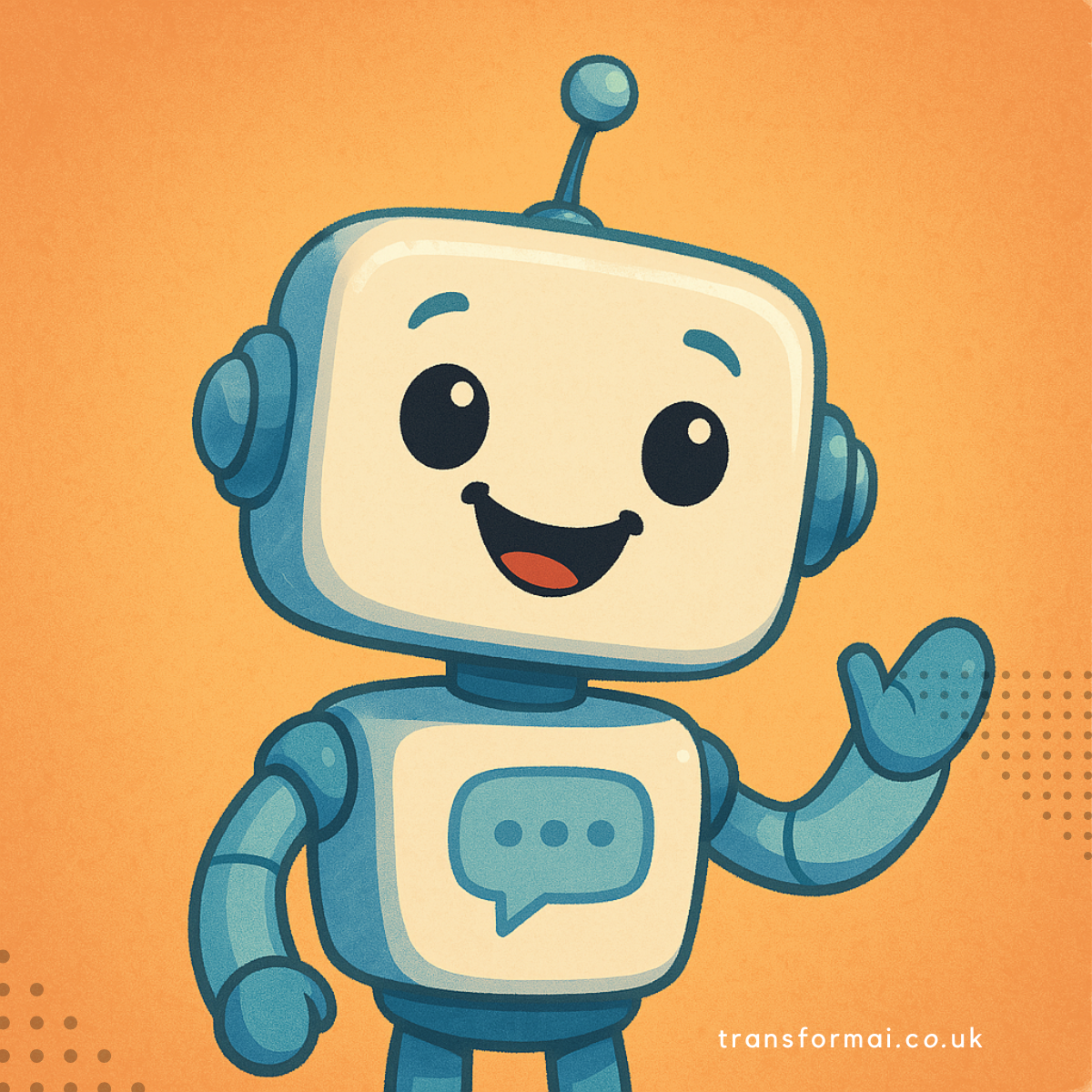
As businesses increasingly incorporate generative AI into customer interactions, one crucial aspect is frequently overlooked: personality. In a digital environment where AI agents handle more conversations than ever before, generic chatbots risk weakening a brand's unique voice and identity. To distinguish themselves in this increasingly automated setting, companies must focus on developing AI agents with clear, distinctive personalities.
Why is personality in AI important? Simply stated, a generic chatbot experience quickly becomes uninteresting, undermining brand differentiation and customer engagement. Modern customers expect more tailored interactions that resonate on an emotional level. When businesses deploy standard third-party chat platforms or generic AI agents, they risk weakening their brand identity and losing the emotional connection they have carefully developed with customers.
However, the answer is not to retreat from AI automation but to use it thoughtfully. Personified AI combines the efficiency of artificial intelligence with the warmth and familiarity of human interaction. Consider a future where each customer interaction is guided by a recognisable character, such as a brand mascot or relatable representative. These AI agents can operate within company channels or join external conversations, continuously learning and adapting to individual customer needs. Over time, these personified agents build genuine trust through empathy, relevance, and consistency, significantly enhancing customer relationships.
Industry leaders understand the importance of this approach. Indeed, 80% of executives agree that generic chatbots create significant differentiation issues. Additionally, 95% emphasise that establishing and maintaining a consistent personality in customer-facing AI will be vital within the next three years. Clearly, the business case for personality-driven AI is strong.
However, with opportunity comes responsibility. Trust is essential in interactions involving personified AI. Companies must ensure AI behaviour aligns closely with their brand values, maintaining transparency, respecting user privacy, and clearly communicating data usage. Regular monitoring and refinement of AI training data, establishing clear operational boundaries, and exercising restraint in data collection will help sustain customer trust.
Where should businesses start? Early adopters should introduce personality into their current AI initiatives and establish clear guidelines to maintain consistency. Companies preparing to adopt this approach should carefully plan how to integrate AI personalities into meaningful customer interactions and build relationships within the expanding personified AI field. Those adopting a more cautious approach can begin by reviewing existing chatbot systems and facilitating discussions between technical and brand teams.
Ultimately, personified AI represents more than technological advancement—it is about making digital interactions feel more human. Companies that succeed in this approach will not only improve customer satisfaction but also redefine future relationships between brands and customers, fostering deeper connections and long-term loyalty.